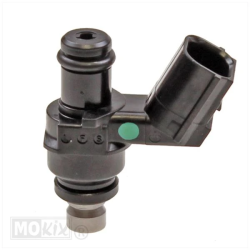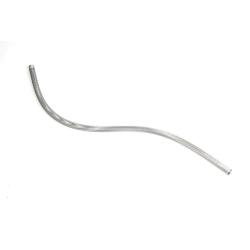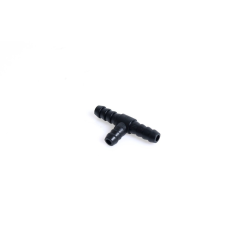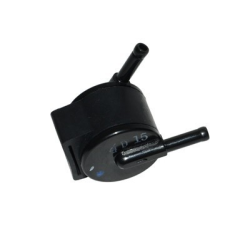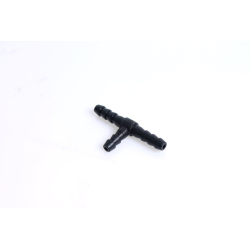The best scooter shop in 2026
Fuel Accessories
Beschermveer Div. Slangen Rieju
Benzine / Vacuum T-Stuk 8MM Per Stuk
Fuel Cap SYM MIO
Gasoline / Vacuum T-Piece 6MM Each
Fuel Accessories: Improve the Efficiency of your Vehicle
Fuel accessories are essential components that assist in the storage, delivery, and improvement of fuel for vehicles. They ensure efficient combustion, better performance, and a longer engine lifespan. In this article, we discuss what fuel additives are and how a fuel tank works, so you can get the most out of your vehicle.
What is fuel additive?
One fuel additive is a chemical agent that is added to your vehicle's fuel to improve the engine's performance and to prevent problems such as dirt buildup or fuel aging. There are different types of fuel additives, each with their own specific purpose:
-
Cleansing additivesThese additives help in cleaning the fuel injectors, the valves, and the combustion chambers in the engine. By removing dirt and deposits, the fuel can burn more efficiently, leading to better engine performance and lower fuel consumption.
-
Octane boosters: These additives increase the octane number of the fuel, which is especially useful for sports cars or engines that deliver high performance. A higher octane number ensures more efficient combustion and reduces the risk of knocking or detonation, which can be harmful to the engine.
-
StabilizersFuel stabilizers help prevent aging and oxidation of the fuel, which is especially important if your vehicle stands still for a long time. This is useful, for example, for seasonal vehicles such as motorcycles or boats. By adding a stabilizer, the fuel stays fresh longer and wear on the fuel systems is prevented.
-
Moisture removers: Moisture in the fuel tank can lead to rust formation and ice formation in the winter, which can severely affect engine performance. A moisture-removing additive binds water to the fuel, so it can burn along in the engine and thus prevents moisture from remaining in the tank.
In essence, we can fuel additives improve the efficiency of the fuel, keep the engine clean, and ensure smoother operation of the vehicle.
How does a fuel tank work?
The fuel tank is a crucial part of any vehicle, designed to store fuel and deliver it to the engine in a controlled manner. The operation of a fuel tank is relatively simple, but plays an important role in the overall performance of the vehicle.
Here are the main components and functions of a fuel tank:
-
Storage of fuel: The primary function of the fuel tank is to store fuel, such as gasoline or diesel, until it is needed for the engine. The tank is usually made of corrosion-resistant materials such as steel or plastic, so that the fuel can be safely stored without leaking or being affected.
-
Fuel pumps and pipes: In modern vehicles, there is a fuel pump that ensures the fuel is pumped from the tank to the engine. The fuel is transported through pipes to the fuel injectors or carburetor, depending on the type of vehicle. This system operates under pressure to ensure that the fuel flows efficiently and at the right time to the engine.
-
Ventilation systemFuel tanks are equipped with a ventilation system to prevent a vacuum from forming in the tank as the fuel is consumed. This system ensures that air can enter while the fuel is being used, allowing the tank to maintain its shape and the fuel to flow freely.
-
Fuel level gauge: Most fuel tanks are equipped with a sensor that measures the fuel level in the tank and sends this information to the fuel gauge on the dashboard. This lets you know when you need to refuel and prevents you from running out of fuel.
-
Safety precautionsModern fuel tanks are designed with various safety features to prevent leaks and explosions. The fuel cap seals the tank hermetically to prevent fuel vapors from escaping. In addition, there are often heat and crash-resistant designs to keep the tank safe in case of an accident.

 Nederlands
Nederlands